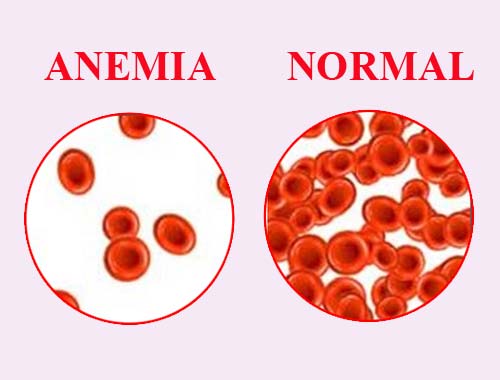Lab Test Reference Ranges blood result health
Published: 3 Dec 2024

Purpose of Medical Tests:
Your healthcare provider may request tests that examine various organs and systems to assess changes in your health over time.
Types of Tests:
* Screening Tests:
* Identify potential risks for specific diseases (e.g., HPV test)
* Provide general information about your body systems
* Diagnostic Tests:
* Confirm or rule out specific conditions or diseases (e.g., Pap test for cervical cancer)
* Disease Monitoring Tests:
* Track the status of an existing disease and its treatment
* General Health Check-ups:
* Evaluate your overall health and wellness (e.g., complete blood count)
Importance of Medical Tests:
* Aid in diagnosis and treatment planning
* Detect health issues even without symptoms
* Monitor disease progression and treatment effectiveness
* Facilitate early intervention and prevention
Note on Reference Ranges:
Test results should be interpreted within the reference ranges provided by the laboratory that performed the test. These ranges may vary slightly between laboratories due to differences in equipment and techniques.
Your healthcare provider may request tests that examine various organs and systems to assess changes in your health over time.
Types of Tests:
* Screening Tests:
* Identify potential risks for specific diseases (e.g., HPV test)
* Provide general information about your body systems
* Diagnostic Tests:
* Confirm or rule out specific conditions or diseases (e.g., Pap test for cervical cancer)
* Disease Monitoring Tests:
* Track the status of an existing disease and its treatment
* General Health Check-ups:
* Evaluate your overall health and wellness (e.g., complete blood count)
Importance of Medical Tests:
* Aid in diagnosis and treatment planning
* Detect health issues even without symptoms
* Monitor disease progression and treatment effectiveness
* Facilitate early intervention and prevention
Note on Reference Ranges:
Test results should be interpreted within the reference ranges provided by the laboratory that performed the test. These ranges may vary slightly between laboratories due to differences in equipment and techniques.
